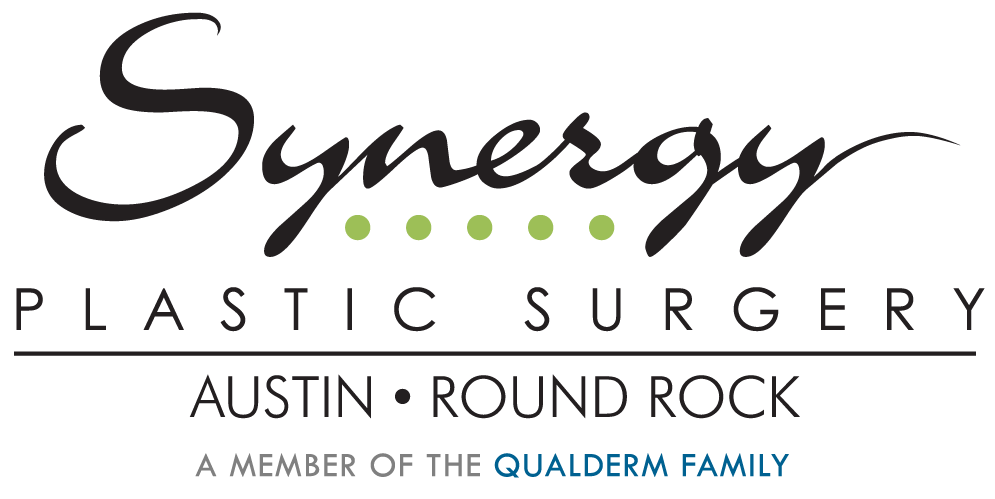Patients who are all done with surgery often find themselves glad to be rid of all the endless rules that come with pre-operative preparation! However, it is imperative to know that you’re not quite done at this stage. There are several key steps that post-operative patients can take to make recovery as easy and fast as possible, as well as to ensure that the best results are maintained!
Patients who fail to follow their surgeon’s aftercare instructions can – at minimum – expect a longer and more uncomfortable road to recovery. In the worst-case scenarios, serious and irreversible side effects, including necrosis, can occur.
The biggest aftercare offenders are smoking, as well with an improper diet. Patients often know that actions such as smoking or maintain a bad diet are bad for you, but do you know exactly why?
Here we will discuss exactly why these bad habits can be detrimental to your surgical results.
Smoking
Smoking blocks oxygen from getting to your tissues
The key to healing from a surgical procedure is oxygen delivery to the area that was operate on, to promote optimal healing of the tissue. Smoking has adverse effects on healing in several different ways!
- Smoking encourages the production of mucus and this increase of mucus in the airways and lungs ultimately inhibits the good passage of gasses through the lungs.
- Nicotine interferes with your cardiovascular system’s ability to function properly. Nicotine causes your blood vessels to constrict or narrow, which limits the amount of blood that flows to your organs. The consequence of this is the surgical area not getting enough blood flow through to carry oxygen due to the constriction caused by nicotine.
- Did you know cigarette smoke contains carbon monoxide? Carbon monoxide, too, is detrimental to your cardiovascular system! The passage of carbon monoxide permanently blocks the hemoglobin molecules from ever being able to pick up oxygen molecules. Hemoglobin is a protein in your red blood cells that carries oxygen to your body’s organs and tissues and transports carbon dioxide from your organs and tissues back to your lungs. This means that cigarette smoke leads to the diminishment of the blood’s ability to carry oxygen to the tissues where it’s needed.
Recreational marijuana counts as smoking
According to our board-certified plastic surgeons, there are side effects of pot when it’s mixed with anesthetics used during your srugery that can lead to arrhythmias, or irregular heartbeats. It is advised that patients refrain from smoking or even consuming any marijuana prior to a surgical procedure. It’s not the act of smoking alone. This means that it is advised to refrain from the consumption of marijuana, whether it’s edibles or smoking – for at least two to four weeks before surgery. Once anesthetics are completely cleared postoperatively, smoking of any kind is still off-limits for at least four weeks.
Diet
An anti-inflammatory diet can speed up recovery
An anti-inflammatory diet involves eating nutrient-rich, whole foods that reduce inflammation in the body. It contains plenty of fiber, antioxidants, and omega-3s. This means a diet rich in vegetables, whole fruit, whole grains, legumes, and fatty fish – that is as unprocessed as possible. According to the National Board of Medicine, there are several advantages an anti-inflammatory diet has on human health. According to our board-certified plastic surgeons, an anti-inflammatory diet can lead to decreased inflammation, earlier recovery, and ultimately an overall faster return to normal activity.
Salt = Increased Swelling
Salt is the most well-known item that should be off limits in the diet of a patient that is recovering from a surgical procedure. Salt will undeniably increase swelling to a significant and visible degree. According to the National Board of Medicine, salt intake will certainly lead to an increase in inflammation, as well hypertension in some. Our board-certified surgeons can confirm that patients who have meals high in salt often find themselves extra swollen afterwards. High salt intake can lead to serious swelling that can extend recovery and just make it overall more uncomfortable!
Moreover, liposuction patients need to be extra careful! Think of your body like a sponge. Salt will cause a huge amount of swelling or fluid accumulation. In some cases, it can shockingly lead to five to eight pounds of water weight overnight.
Blood Thinners Such as Alcohol
Alcohol decreases the blood clotting cascade, which is a series of steps in response to bleeding caused by tissue injury. The blood clotting cascade is where each step activates the next and ultimately produces a blood clot. The decrease of this caused by alcohol consumption can result in additional bruising and internal bleeding.
It is commonly unknown that the consumption of items such as ginger, chia, and turmeric, which are ordinarily good for you, can have the same effect on your body. All these items, as well as alcohol, ultimately thin the blood, putting you at risk of a bleeding hematoma.
In Conclusion
The key for ensuring that your recovery is as easy and fast as possible is to always follow your surgeon’s aftercare instructions. Your surgeon has your aesthetic goals, needs, as well as safety in mind and will work to ensure that you have the best end results!
It’s not uncommon for patients to have questions about the recovery process post-surgery. Always consult with your surgeon with any questions you may have after your surgical procedure.
If you are considering a surgical procedure, it is always best to consult with a board-certified surgeon prior to surgery. At Synergy Plastic Surgery, our board-certified surgeons ensure that your aesthetic goals are met, while cultivating an individual recovery plan that is right for you! Call (512) 244-1444 to schedule your complimentary consultation today and unlock your personalized Synergy Experience!


Leave a Reply